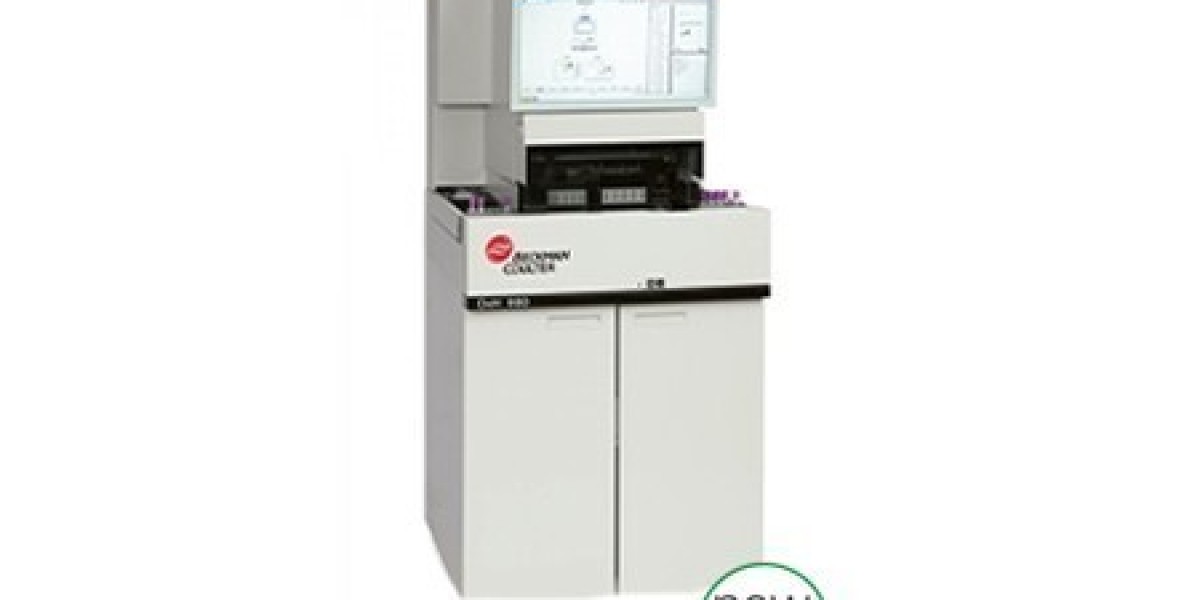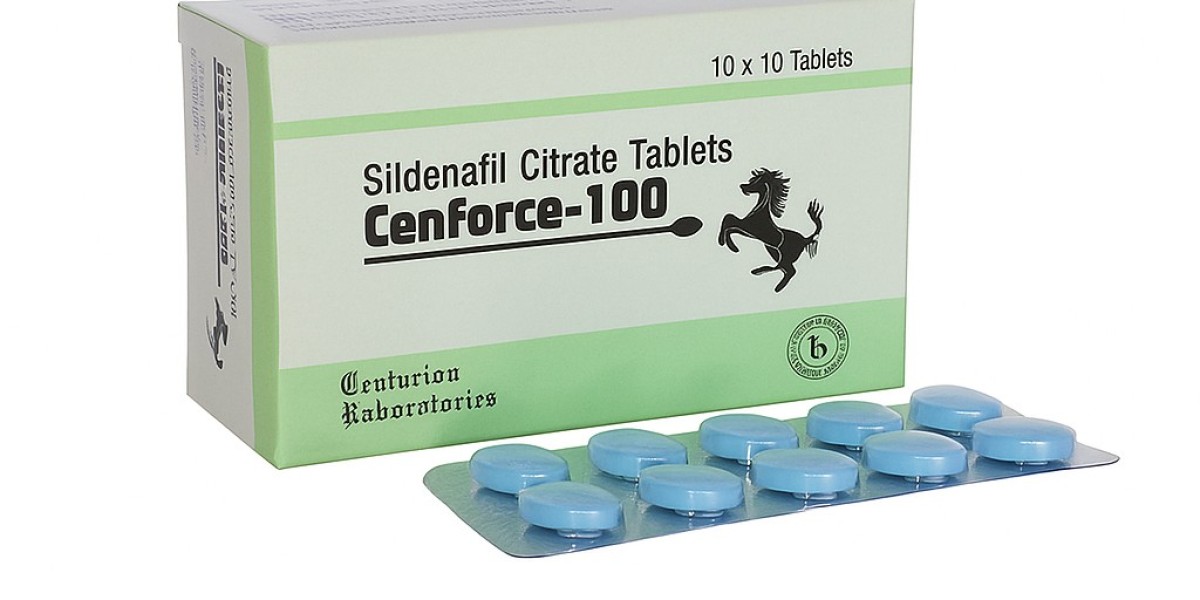The Siemens Atellica CH 930 is built for high-efficiency and precision in clinical chemistry labs—but like all sophisticated analyzers, it requires proper setup, routine maintenance, and effective troubleshooting protocols to ensure long-term performance.
This guide covers all the essential aspects of installing, maintaining, and resolving errors for the Atellica CH 930 analyzer, helping lab professionals reduce downtime and operate with confidence.
Initial Setup of the Atellica CH 930
1. Pre-Installation Requirements
Space and Ventilation: Ensure adequate clearance and airflow around the unit
Power Supply: Dedicated power outlet with surge protection
Water Supply: Deionized water system connection (if required)
Network Integration: LIS or middleware configuration readiness
Siemens recommends a pre-installation site survey to assess compatibility.
2. Hardware Installation
Physical placement and leveling of the unit
Connection of reagents, waste lines, and fluid systems
Onboarding of sample trays and reagent compartments
Initial calibration and system validation
3. Software Configuration
Set user access roles and permissions
Integrate patient/test ID protocols
Configure test panels and custom assays
Perform sample tracking and reporting system tests
Routine Maintenance of the Atellica CH 930
Maintaining the analyzer is essential to avoid performance drops and unexpected interruptions. Siemens provides automated maintenance prompts, but manual checks are still necessary.
Daily Maintenance Tasks:
Prime reagent lines
Clean cuvettes and reaction chambers
Check waste bottle levels and empty if full
Verify reagent and control expiration dates
Weekly Maintenance:
Clean ISE electrodes (if applicable)
Inspect tubing and connectors for leaks or residue
Perform QC checks and review trends
Recalibrate where needed
Monthly or As Needed:
Replace filters or consumables as recommended
Deep clean optical components (with Siemens-approved kits)
Update software or patches provided by Siemens Remote Service
Tip: Always record maintenance activity in a logbook or LIS for traceability.
Error Codes & Troubleshooting Guide
The Atellica CH 930 features intelligent diagnostics that display error codes when issues arise. Below are some of the most common errors and how to address them.
Error Code | Description | Recommended Action |
CH-101 | Reagent volume low | Refill reagent, verify bottle positioning |
CH-204 | Cuvette washing error | Inspect wash station, check detergent levels |
CH-308 | Sample probe obstruction | Clean the probe manually |
CH-412 | ISE module not responding | Restart ISE module, check communication line |
CH-502 | Temperature out of range | Inspect temperature sensors and environment |
General Troubleshooting Tips:
Restart the system for minor software glitches
Refer to the Siemens operator’s manual for code-specific instructions
Use remote diagnostics support when physical inspection isn’t enough
Regularly back up configurations to avoid setup loss
Best Practices to Minimize Errors
Always use Siemens-certified reagents and consumables
Schedule preventive maintenance to catch early signs of wear
Train all operators thoroughly on standard operating procedures
Enable real-time alerts via Siemens Remote Service
By being proactive, labs can greatly reduce the occurrence and severity of errors, leading to consistent throughput and less manual intervention.
Summary
The Siemens Atellica CH 930 offers a robust platform for clinical chemistry, but its performance depends on disciplined setup and upkeep. Understanding how to correctly install, maintain, and resolve common errors helps labs maintain uptime, meet regulatory standards, and deliver accurate results every time.
With smart automation, clear maintenance routines, and real-time error alerts, the Atellica CH 930 is designed to make operations smoother—as long as lab professionals stay ahead of the curve.








